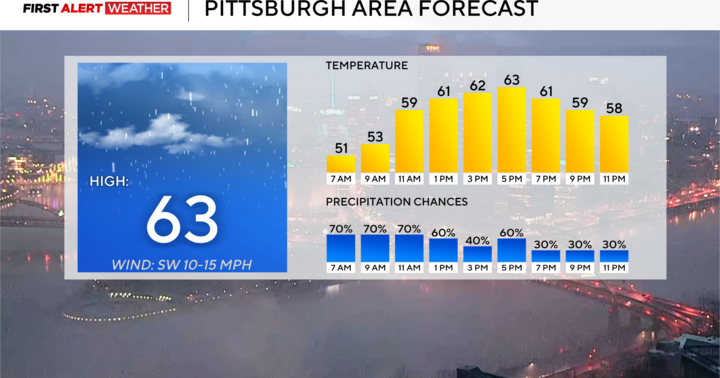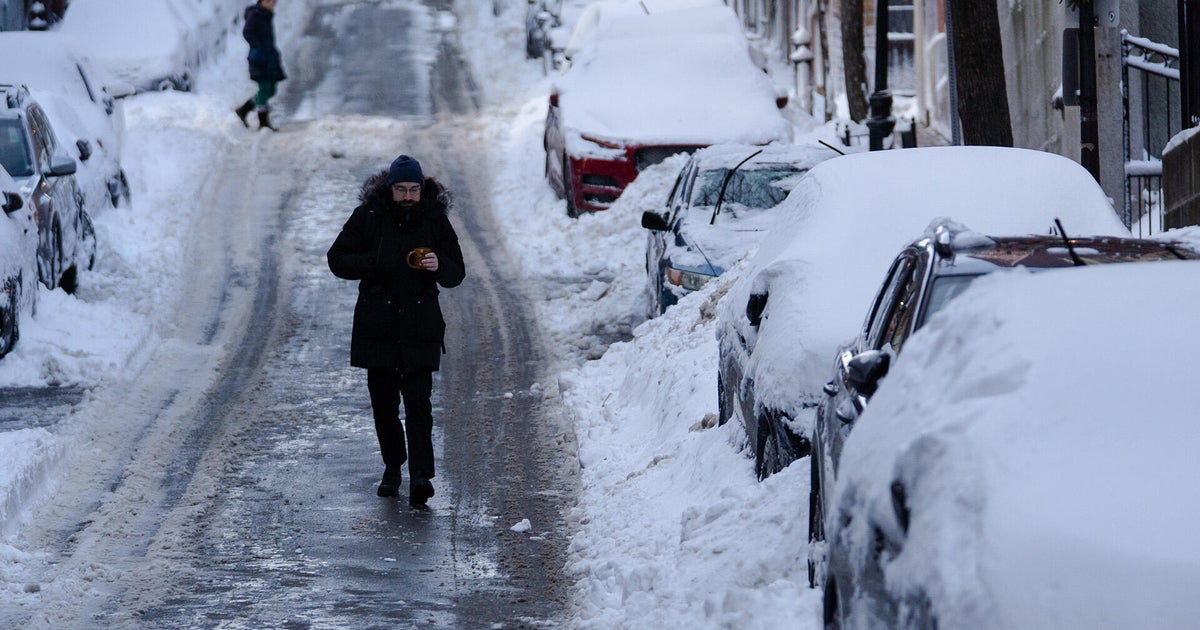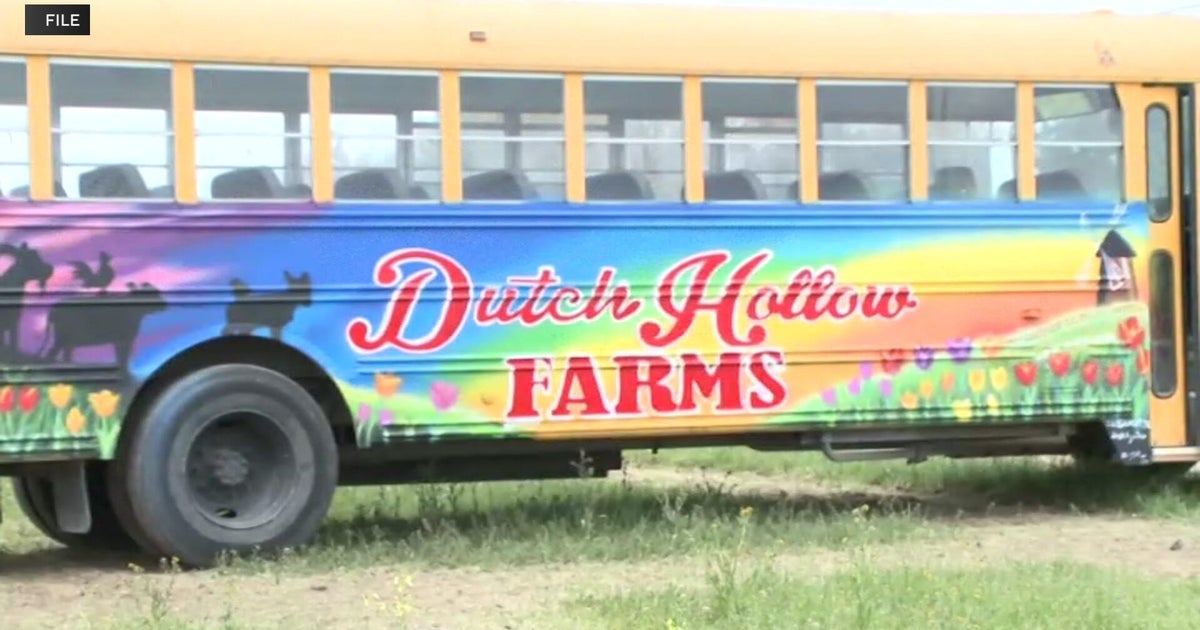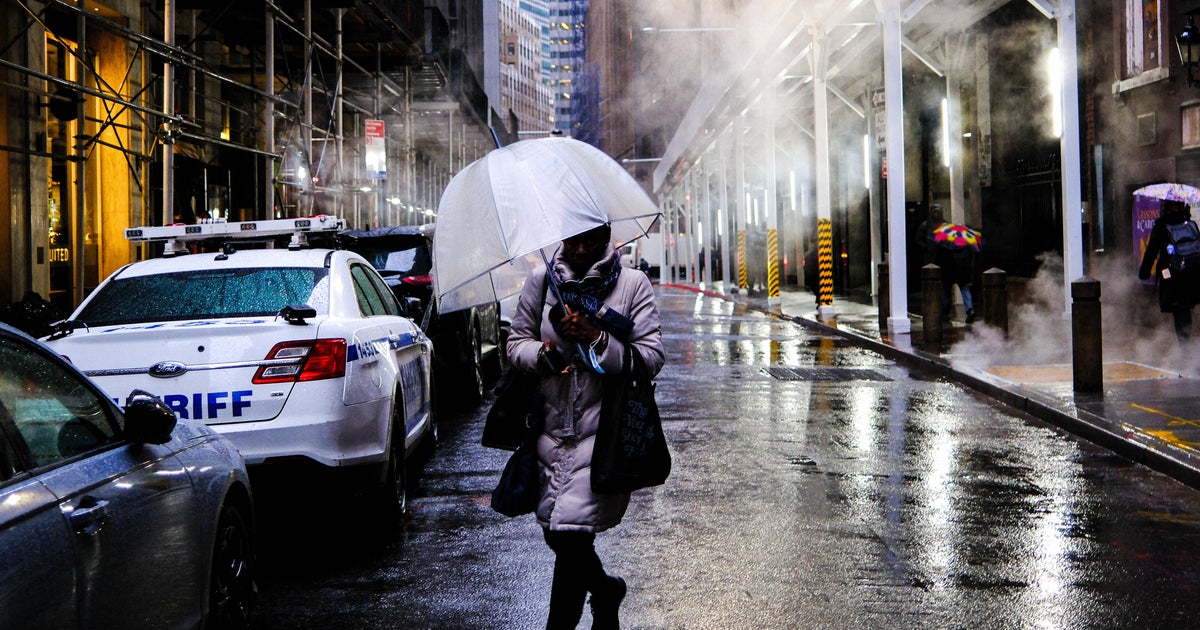Non-Profit Pushes Forward After Storms Decimate Largest Farm
COON RAPIDS, Minn. (WCCO) -- On an acre of land along University Avenue, charity and hard work were uprooted, snapped, and washed away in Sunday's hail storm.
"It's really devastating," said Patti Sinykin. "It's gone." Sinykin is the Director of Development for Loaves and Fishes. It's a non-profit that feeds the less fortunate and has four produce farms and gardens around the Twin Cities.
"We can pick (these crops) in the morning and it's on plates in the evening. So it's truly a farm to table for people who otherwise wouldn't have that opportunity," she said.
The Coon Rapids location is the largest and before Sunday morning, Sinykin said 75 percent of the planting was completed. But because of the storm, rows that were once budding with tomatoes and peppers look like nothing was ever planted. And what you can't see are the hundreds of volunteer hours that went into this year's crop, and that's what hurts farm manager Kimberly Greene-DeLanghe the most.
"We've had at least four groups over 50 (people) come out here for between 3-5 hours already this year," she said. "What you see getting done in each of those times is so exciting and then now all of that work has disappeared basically."
The irrigation system was damaged by the hail because it put holes in hoses. The damage is estimated at about $10,000.
Last year, Sinykin said the plot in Coon Rapids alone contributed to 25,000 meals.
"The plan this year, we were hoping to get at least 50,000 meals out of this (plot) and that will not happen now," Sinykin said.
Despite the setback, the organization is digging in and pushing forward.
"I think that we're still at a point in the season that we can bounce back but we just need people to come together and make it happen, both in volunteers and getting the plants," said Greene-DeLanghe.
They've already got a head start. Greene-DeLanghe had several donated plants at her house that weren't damaged in the storm. Shade cloths also protected plants at the farm site. Volunteers that were originally signed up this week to finish the planting process will help restart it, but they know that's not enough.
"We've got volunteer groups already on deck to start some of the labor. We will need a lot more," said Sinykin.
Cash donations would help pay for damaged equipment and as well as plants, seeds, and tools. Greene-DeLanghe said they could also use more shade cloths, PVC piping, and row covers.
For more information on how to make donations or volunteer, click here.







